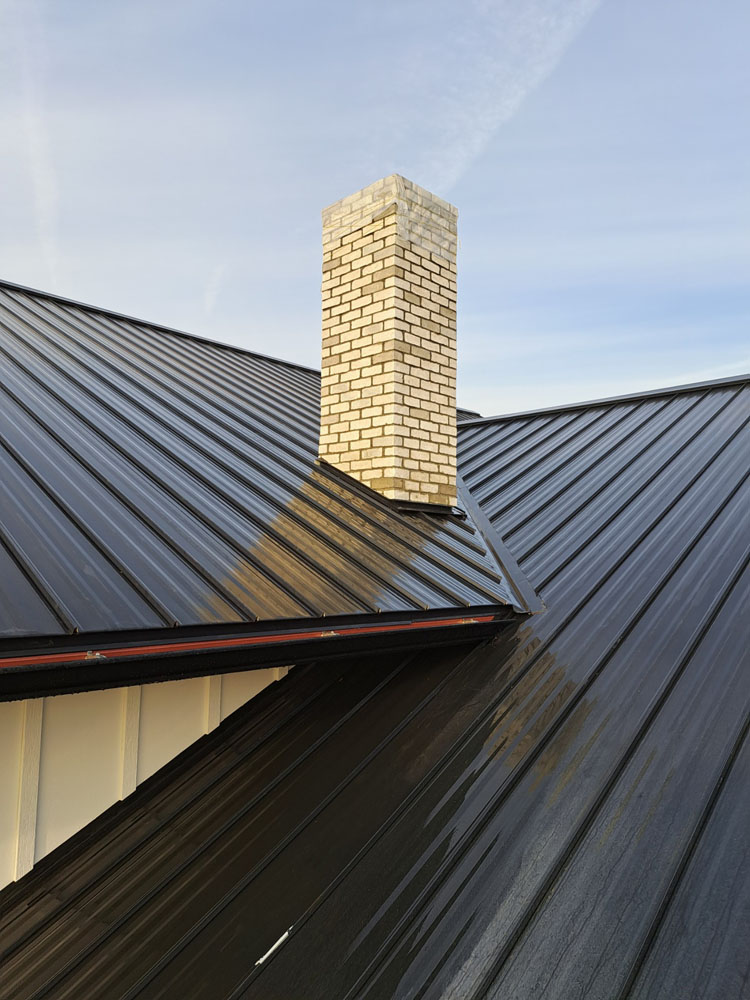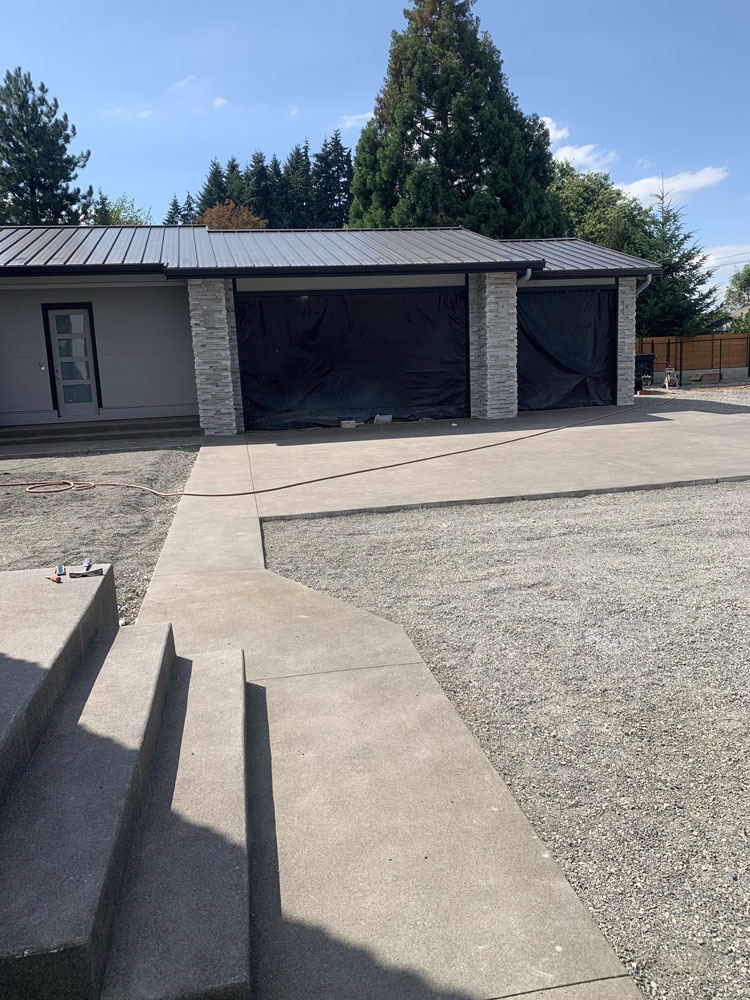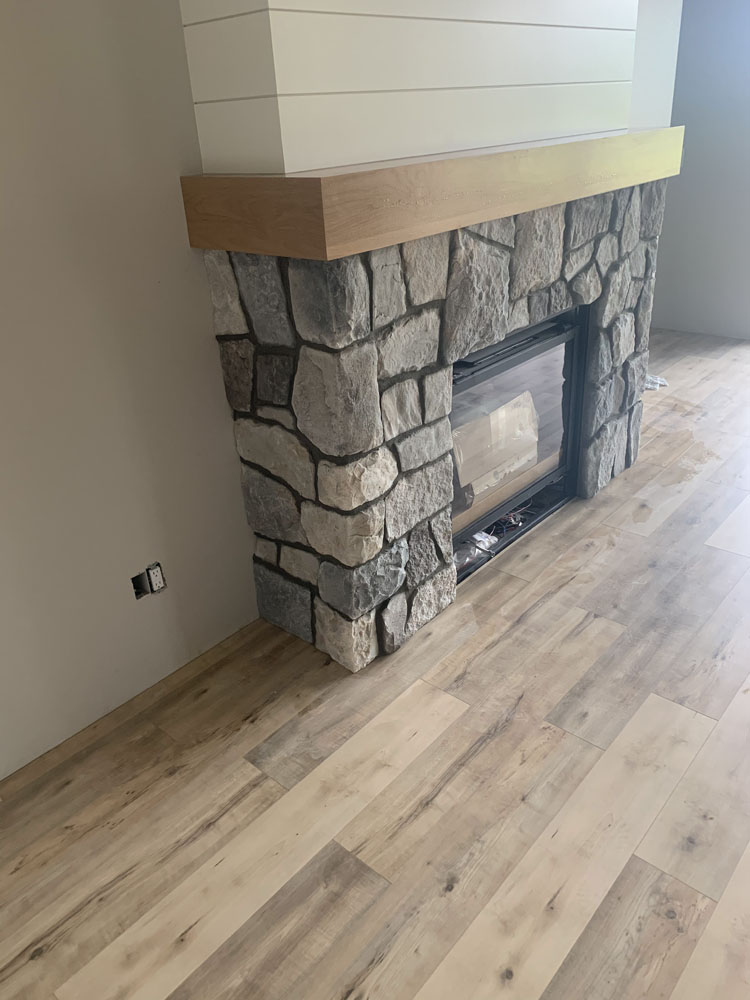Protecting Against Moisture Damage with Smart Masonry Techniques
Introduction: The Moisture Menace
Moisture damage is a sneaky beast, lurking in the shadows of buildings and infrastructure. It’s not just a nuisance; it can wreak havoc on your property if left unchecked. The good news? Smart masonry techniques can help shield your investments from moisture-related disasters. In this article, we’ll explore how to fortify your structures, maintain their integrity, and ensure they stand the test of time. So grab your hard hat and let’s dive into the world of masonry!
Protecting Against Moisture Damage with Smart Masonry Techniques
When it comes to protecting against moisture damage, employing smart masonry techniques is essential for homeowners and builders alike. So what exactly are these techniques? They involve a combination of strategic design choices, material selection, and construction practices that mitigate water intrusion into structures.
Key Factors in Moisture Management:
-
Material Properties: Understanding the characteristics of various masonry materials—like brick, block, and stone—is crucial. Some are naturally more resistant to moisture than others.
-
Design Considerations: Incorporating features like overhangs or sloped surfaces can redirect water away from vulnerable areas.

-
Installation Practices: Properly installing flashings, sealants, and drainage systems helps prevent moisture ingress.
Why Hire a Masonry Contractor?
A skilled masonry contractor brings expertise to the table that can significantly reduce the risk of moisture damage. With their specialized knowledge, they make informed decisions about material selection and installation practices that are critical for effective moisture management.
Understanding Moisture Damage
What Causes Moisture Damage?
Moisture damage isn't just rainwater dripping through cracks; it’s often caused by multiple factors:
- Poor Drainage: Water pooling around foundations can lead to rising damp.
- Cracks in Masonry: Even tiny fissures can allow water penetration.
- Condensation: Humidity levels inside buildings affect masonry integrity.
Signs of Moisture Damage
How do you know if you're dealing with moisture problems? Look for these telltale signs:
- Discoloration or stains on walls
- Peeling paint or wallpaper
- A musty smell in enclosed spaces
The Cost of Ignoring Moisture Issues
Neglecting moisture management can lead to expensive repairs down the line. Structural damage, mold growth, and compromised aesthetics may result in costs far exceeding initial preventive measures.
Smart Masonry Techniques Explained
Choosing the Right Materials for Your Project
When selecting materials for a masonry project, consider their permeability:
- Brick: Naturally porous but can be treated for improved water resistance.
- Concrete Block: Can absorb water if not properly sealed.
- Stone: Offers excellent durability but requires proper maintenance.
Design Principles That Combat Moisture Intrusion
Design matters! Here are some techniques that savvy architects use to keep structures dry:

- Overhangs: Roof overhangs extend beyond walls to shield them from rain.
- Sloped Surfaces: Inclined surfaces direct water away from building foundations.
- Drainage Systems: French drains or sump pumps manage groundwater effectively.
Effective Installation Practices for Long-lasting Results
Installation is where many projects go awry. Here’s where a professional masonry contractor masonry contractor Ramos Masonry Construction Company shines:
- Use high-quality sealants around joints and openings.
- Install flashing above windows and doors as barriers against rain.
- Ensure proper mortar mixing to avoid porous joints.
Advanced Techniques for Enhanced Protection
Waterproofing Methods Every Builder Should Know
Waterproofing isn't just an add-on; it's a necessity! Here are some methods worth considering:
- Cementitious Waterproofing: Ideal for below-grade applications.
- Liquid Membranes: Versatile options suitable for various surfaces.
- Bentonite Clay Sheets: Natural barriers that expand when wet.
Integrating Technology in Masonry Construction
Ever heard of smart homes? Well, smart masonry is making waves too! Incorporate technology such as:

- Sensor-based monitoring systems that detect leaks before they escalate.
- Advanced materials with self-healing properties that reduce repair needs.
Preventive Maintenance Strategies for Longevity
5 Essential Maintenance Tips
To ensure your structure remains resilient against moisture damage:
- Regular inspections should be conducted semi-annually; look for cracks or signs of wear.
- Clean gutters frequently; clogged gutters lead to overflow issues.
- Seal any exposed joints annually; this prevents moisture ingress over time.
- Maintain landscaping; ensure soil slopes away from foundations.
- Monitor humidity levels indoors using dehumidifiers when necessary.
FAQs About Moisture Damage and Masonry Techniques
Q1: How often should I check my masonry for signs of moisture damage?
Regular inspections at least twice a year will help catch issues early on.
Q2: What types of sealants are best for preventing moisture intrusion?
Silicone-based sealants offer great flexibility and durability against environmental conditions.
Q3: Can I perform waterproofing myself?
While DIY methods exist, hiring a licensed masonry contractor ensures proper application and effectiveness.
Q4: Is there a way to treat existing moisture damage?
Yes! Professional restoration services can address issues like mold removal and structural repairs effectively.
Q5: Are there specific types of bricks better suited for wet climates?
Yes! Look for bricks classified as "frost-resistant" which are less likely to absorb water.
Q6: What role does ventilation play in preventing moisture issues?
Proper ventilation helps regulate humidity levels inside buildings, reducing condensation risks dramatically.
Conclusion
In conclusion, protecting against moisture damage with smart masonry techniques is not only possible but imperative! By understanding the causes of moisture issues and employing advanced strategies—whether through selecting the right materials or incorporating innovative designs—you’ll safeguard your investment effectively.
So whether you're hiring a seasoned masonry contractor or tackling DIY projects yourself, remember that prevention is always better than cure when it comes to those pesky moisture problems! Happy building!